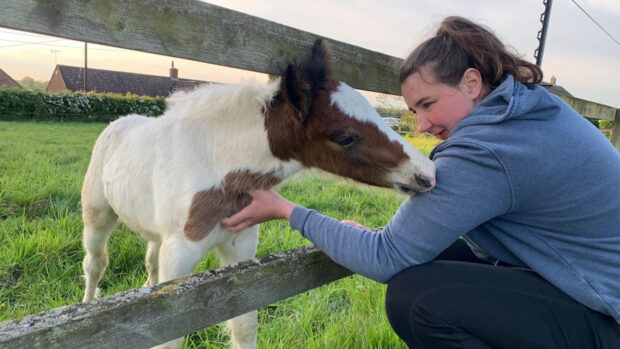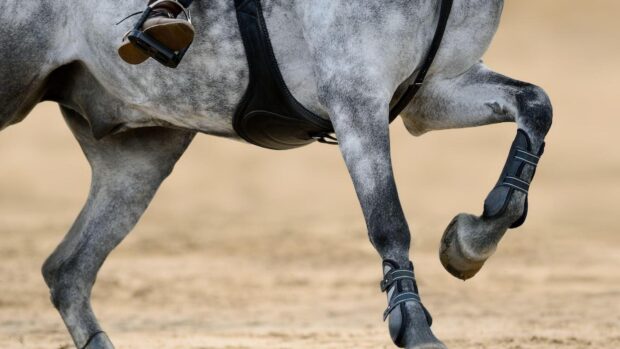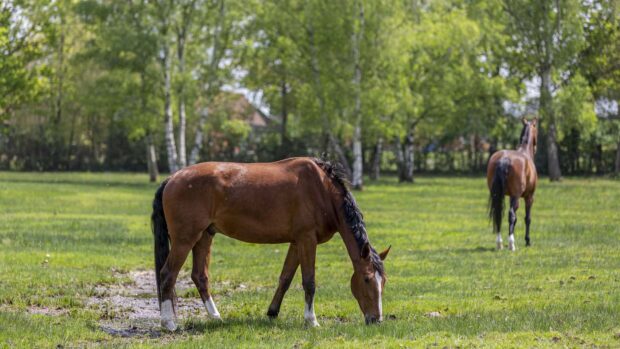World Horse Welfare has started work with a tribe in Costa Rica to try and improve the condition of the horses there.
The tribal communities in the Guaymi Indigenous Reserve rely on horses to provide transportation as there are no roads there.
The horses suffer from numerous hoof problems including fungal infections caused by the damp environment and badly maintained feet due to a lack of skilled farriers.
Before the charity’s involvement the locals had been using machetes to trim hooves. This meant that too much hoof was often cut away leaving the horses in excruciating pain for days.
Many of the horses are also malnourished and have parasite infestations. They also suffer from injuries from badly fitting saddles, vampire bites from bats and sunburn.
“When we first visited the area to investigate the welfare problems faced by the working horses in the reserve, we realised that a special approach to this programme was needed,” said Alana Chapman, international programme officer for World Horse Welfare.
“Not only are the indigenous people very shy and suspicious of foreigners, but no currency is used within the reserve so the communities’ trade in either produce or skills meaning they are unable to pay for services such as farriery.”
World Horse Welfare has now set up workshops where a team will offer training and advice to horse owners and provide care packs for horses containing a hoof-pick, a brush, remedial pads and a tick removal device. All items will be sourced or made locally, and owners will be fully trained on the use of each item.
“We aim to help 300 horses in this area and empower the communities by creating groups in-country that are interested in helping horses,” Alana added.
“Having people that work as a co-op group together means that the locals now have somewhere they can go for help in the village.”





